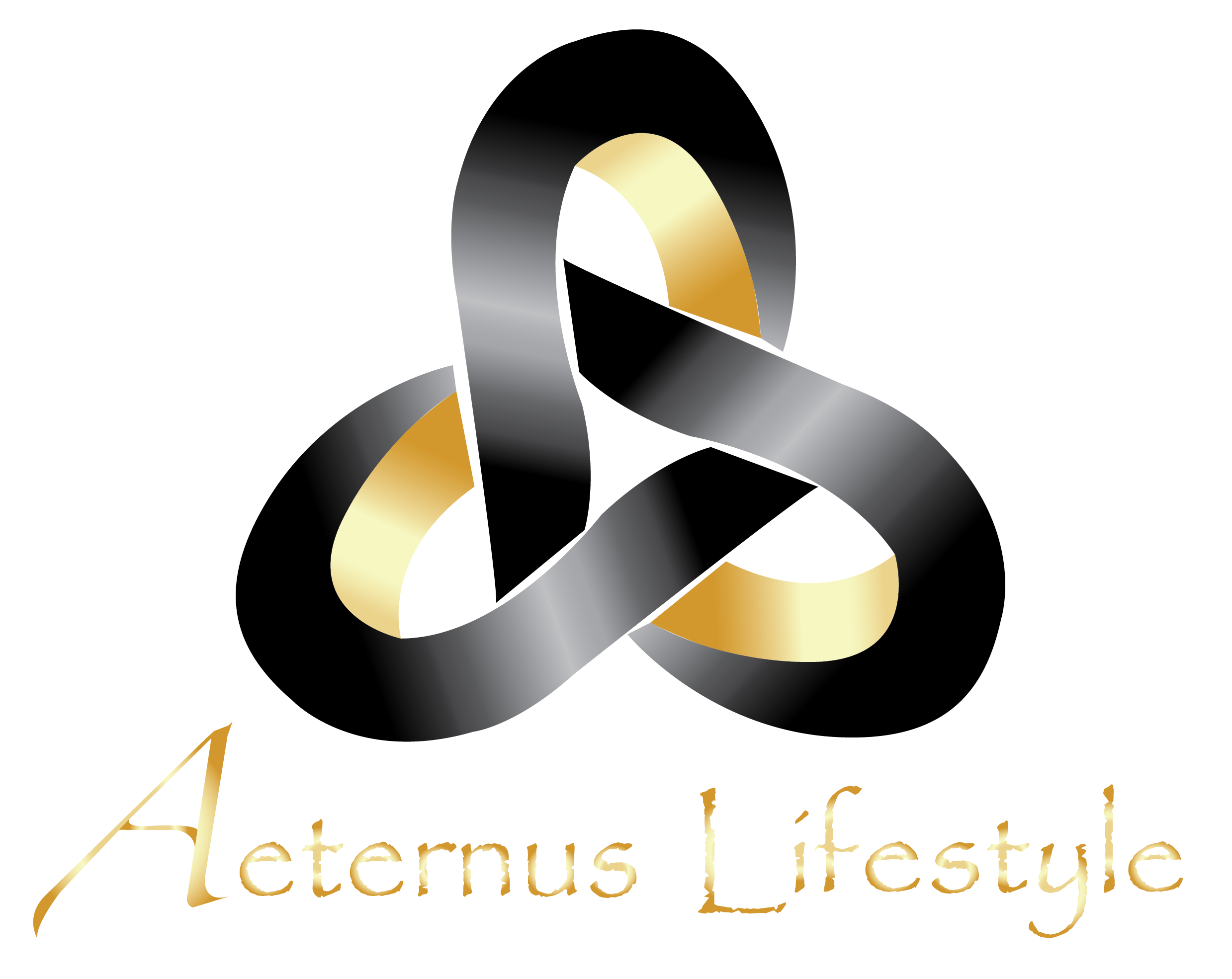- 7550 Saltsburg Rd ○ Pittsburgh PA 15235
- 412-923-4877
- info@aeternuslifestyle.com
Sexual Dysfunction
What is Erectile Dysfunction
Regain Your Confidence
Erectile dysfunction refers to the challenge of maintaining an erection firm enough for satisfactory sexual intercourse or activity. This can manifest as the inability to achieve a full erection, inconsistency in doing so, or an inability to sustain it for prolonged periods. Various factors, including hormonal influences, contribute to the occurrence of erectile dysfunction in men.
Physicians affiliated with HRT have effectively assisted individuals dealing with low testosterone levels. Low testosterone can lead to a diminished sex drive and erectile dysfunction. Studies indicate that approximately 28% of men with low testosterone experience a reduced libido, with the average rate being 47%. Moreover, older men are more likely to exhibit more severe symptoms.
If low testosterone or other male hormone levels are identified as the root cause of your erectile dysfunction, balancing these hormones to normal levels may alleviate the issue. A straightforward hormone level test can assist your physician in determining whether low testosterone is the culprit, and if so, bioidentical hormone therapy could be a suitable solution.
Understanding Oxytocin RDT
Love, lust, and labor
Oxytocin, a peptide hormone comprising nine amino acids, has a rich history associated with love, lust, and labor. This small peptide is now recognized for its involvement in various physiological and pathological functions, including sexual activity, penile erection, ejaculation, bonding, social behavior, stress, milk ejection in women, uterine contraction, and more. Given its diverse roles, Oxytocin and its receptor are considered potential targets for drug therapy.
Originally known for its assistance in labor and delivery, oxytocin has evolved over the last century. The hormone that was once solely associated with labor has undergone a transformation, now being hailed as the hormone of love, encompassing multiple facets of human experience.
